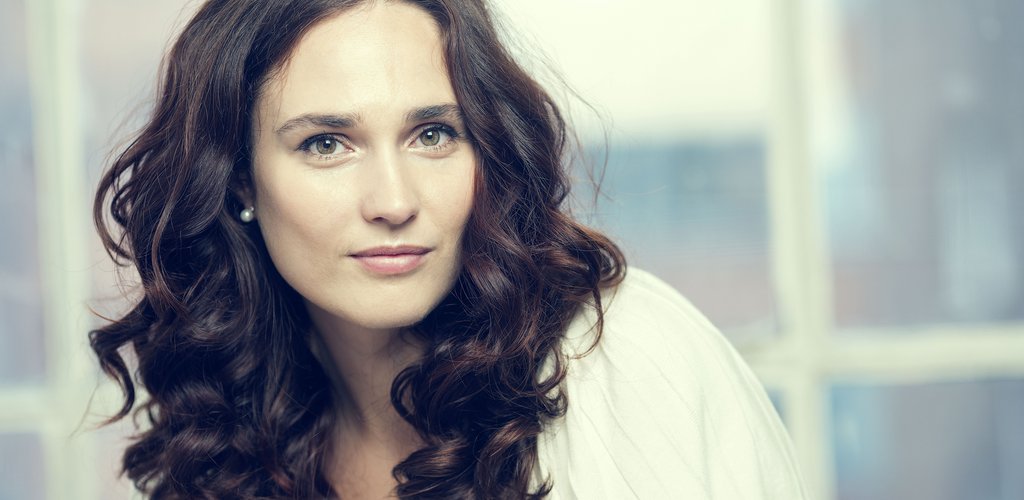The Washington Post wrote about Russian-born pianist Anna Vinnitskaya that she “is a true lioness at the keyboard, devouring the most difficult pages of music with adamantine force”. Soon, she will play Rachmaninov's third piano concerto with the BFO not only at Müpa Budapest, but also at three stops of the orchestra’s Chinese tour.
Júlia Váradi: Rachmaninov's Piano Concerto No. 3, which you will play in Budapest, is one of the most difficult and complex piano concertos, as stated by many musicians. If this is true, what is really difficult about it? Does the piece cause difficulties for the performer technically or emotionally, if at all?
Anna Vinnitskaya: It is indeed one of the most difficult concert pieces. The sheer number of notes alone is a difficulty. But as one plays it, one forgets all these difficulties and the thousands of notes. Then the feelings come into focus. The notes take second place, so to speak. In Rachmaninov, a distinction must be made between the 'first-order' notes and the quasi-colouring notes, which are more for the form. If this were not done, the work would become confused, even monstrous.
J. V.: What motivates a young pianist to play this very serious work?
A. V.: The music is brilliant. That is the motivation: to play this great music.
J. V.: In an interview you talked about how you 'prepare' your fingers for the different piano pieces. Can you tell us about this preparation process?
A. V.: Each style has its own specificity. That's what I meant by that. Over time, I have gained more and more experience of how I can best implement each of these styles technically. What I do with my fingers I cannot explain in a meaningful way. Maybe not even to myself. But I'm sure something happens to them every time.
J. V.: You also talked about the relationship between the pianist and the piano. Are you familiar with the grand piano in Budapest? Or do you only 'introduce' yourselves when you arrive in Budapest?
A. V.: I've played at Müpa before, but I don't know which piano is waiting for me now. Usually I hope to play an older instrument. The more mature the piano, the more likely I am to like it. But it's personal, new pianos I don't usually feel close to me. Of course, you can love them too.
J. V.: We can't help mentioning the sad fact that lately, Russian culture as a whole has been rejected by many people because of the outrageous policies of the current Russian government. How do you feel as a Russian when this happens?
A. V.: First of all I would like to say that I am not Russian anymore, I have been living in Germany for more than 20 years. I am neither Russian nor German, I am somewhere in between. But when some people no longer want to play Russian music or invite artists of Russian origin, it only reinforces the hatred. It doesn't change the war if we don't play Russian music.
J. V.: This is not the first time you have played in Budapest. You already worked with Iván Fischer. How are you preparing for Budapest, Hungary and the BFO in particular?
A. V.: I always love traveling to Budapest. I've only played with Iván Fischer once before, unfortunately there was a concert that didn't work out because of Covid19. That's why I'm really looking forward to these concerts. I haven't played with the BFO yet, but I know for a fact that they are a very sensitive, almost chamber music-like ensemble. It is an honour to play with this orchestra and this conductor.
